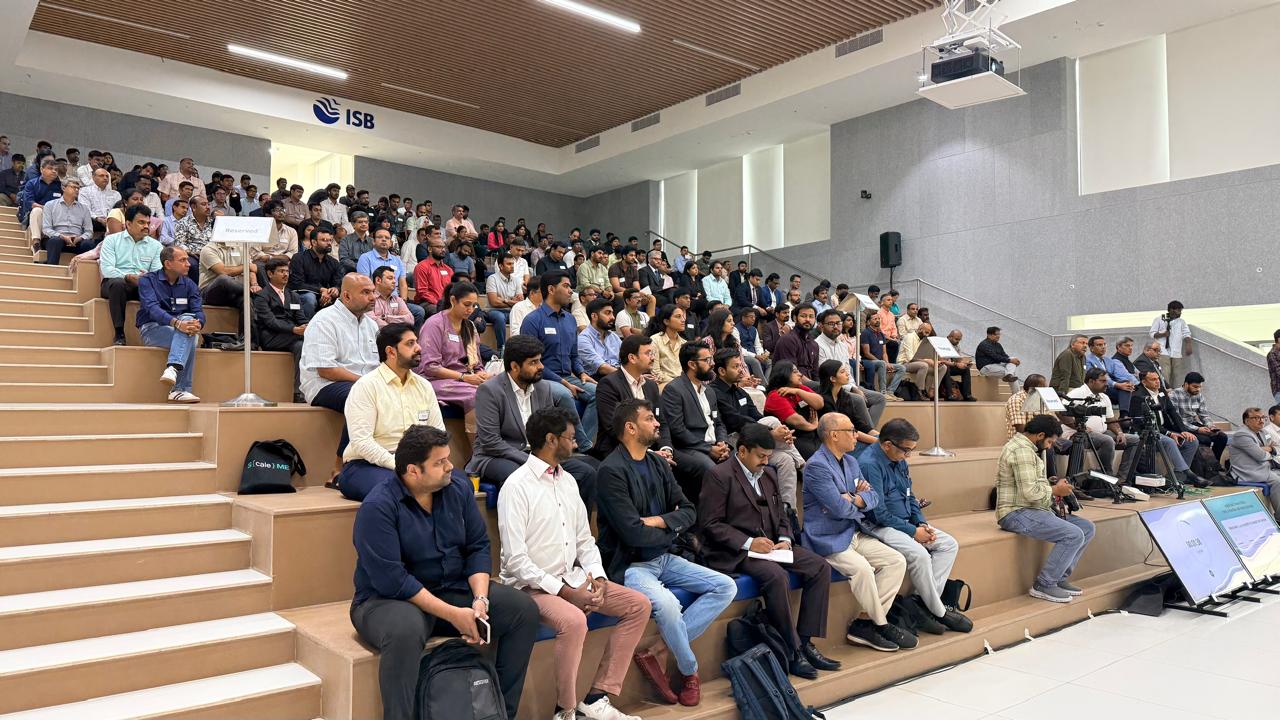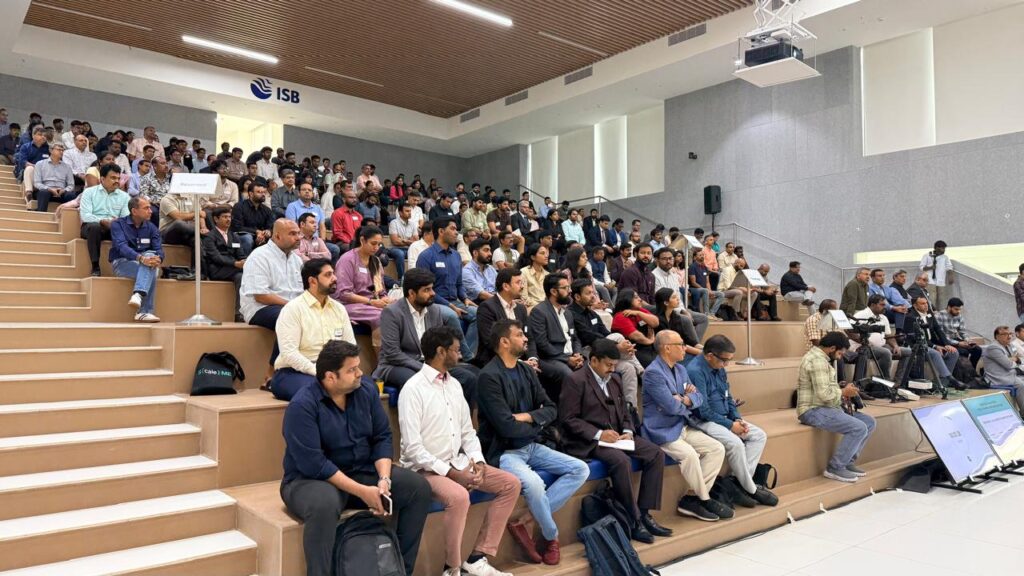Net neutrality recently has been creating a lot of buzz in the corporate world and directly or indirectly has laid a huge impact on the public at large as well. The FCC (Federal Communications Commissions) has been debating over the decision of new rules for the virtual world. The new rule is that, an enterprise will be allowed paid prioritizations on the Internet. This will bring in higher advantage for companies that can pay, and will slow down the pace of other startups and SMEs.
The basic meaning of net neutrality is that principle that all the internet service providers all over the globe and the government of all nations must strive to treat all the data over the internet equally. It means that no website in particular, information or person must be distinguished to be charged differently – either high or low. The term net neutrality was introduced by Columbia university media law professor as an extension of the concept of the internet being a common carrier.
The new guidelines would place an implausible encumbrance on startups due to lack of proper finances in the initial stages of inception when the deck is already loaded in favor of well-funded industries. The FCC”s proposed framework will unambiguously empower the businesses that can pay at the expense of the next generation of innovators.
Limiting net neutrality legitimately will create a heavy burden on startups to pay exorbitant amounts just to get a grab on the web world. To limit net neutrality would immensely diminish the liberty, candidness, and possibility of increasing opportunities over the internet for the startups and SMEs.
“Preserving the Internet’s neutrality ensures that it remains an engine for economic growth, innovation, and democratic values…. Broadband Internet access providers, however, have the incentive to discriminate and block Internet traffic. They have the tools to carry this out. They also have the ability to hide their actions by distributing the blame to other stakeholders,” the organization said in a 23-page document.
The smaller companies are worried that if this new rule gets implemented they will find it very difficult to compete with big giants like Google and Flipkart who have deep pockets and can therefore pay to have their data prioritized. The bigger worry is that, even though the internet is a powerful free source for both the company and the user, yet the startups and SMEs will have to pay a hefty price for it.
Business tycoons rely on the open Internet source to build their companies, and stakeholders rely on the certainty of the virtual world to provide the capital that powers the innovation ecosystem. Startups are expecting on not being blocked, discriminated against, or becoming a subject to fees for access and preferences of websites that actually must be a free access.
Keeping in mind all these effects on the startups, over 150 Internet companies, from small startups to industry giants, have come together and decided to send a letter urging the FCC to protect an open, equal Internet.
The letter emphasizes on the effects of zero rating and its discrimination. They (apps) are not free but bundled with a paid mobile connection, just as when a toothbrush is given free with toothpaste, it is really priced together as a bundle. They don”t even pretend to provide Internet access – the Internet has 100 crore websites and the freedom to start your own, while these offers only have a few dozen cherry-picked websites, it reads.
The letter is also marked to Ravi Shankar Prasad, Minister of Communications and Information Technology and Nirmala Sitharaman, Minister of State for Commerce and Industry.
It seems like that the letter has had some effect over the FCC”s decision, because right now this rule has been put on hold. Let”s all hope that this rule become null and does not get into effect for the larger interest and benefit of the entire corporate world.
Let”s all stand together and support net neutrality.









